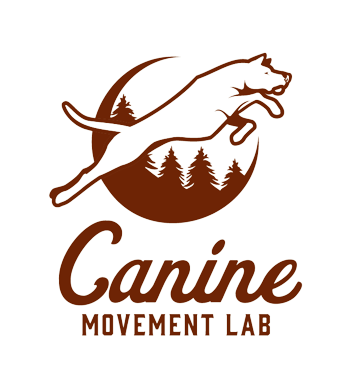Blog — training advice
Compression of Space
Physical compression of space = Emotional compression, which can lead to fight/flight response if your dog feels trapped Trigger points: Front door and other doorways/thresholds, car, bed, crate, fence, barrier, leash, tie-out, etc (all create physical compression of space) Why this concept is important: Your dog’s threshold (emotional capacity) will go DOWN according to the amount of compression he feels. This can lead to “unexpected” events where your dog acts more aggressive or fearful than he does when not under compression. It’s also important to recognize when your dog is “denning” himself because he’s seeking safety. If you...
Predators By Nature
Because dogs are predatory by nature, their instincts dictate that they channel their energy (and built-up stress) into hunting activities. For different breeds, this means different things, such as eye-stalking, digging, tracking, etc. However, the culmination of every hunt is the bite, because the goal of hunting is killing the prey. So the act of biting, and specifically biting and carrying an object, represents a successful “hunt.” And then chewing and ingesting completes this cycle of emotional grounding. Try to keep this in mind when working, walking, and training your dogs. Keep their jaws busy and you will have a...
Calming Your Hyperactive Dog
I don’t usually give prescriptions to “fix” a dog’s behavior because every dog is an individual and therefore should be treated as one. In addition, each and every moment is unique and may call for a different protocol. To this end, I ask that you ALWAYS use your gut feeling and intuition to do what is right for your dog in each present moment, no matter what I or anyone else has advised you. With that being said, I’ve come up with some guidelines, or let’s call them suggestions, for calming a hyperactive or anxious dog. 1. Reduce the amount...
Safety First
Many of my clients are concerned that if they don’t train their dog to be obedient, he might become the “boss” of the household. They fear nipping will turn into aggression. They worry their dog is going to get out of control, display bad manners, or become unmanageable. On the other hand, my biggest concern is always this: does this dog feel safe? Does this dog trust his handler? Is the dog able to express natural behaviors without being punished or reprimanded? A dog who feels secure can develop a deep attachment with his owner, and therefore naturally becomes obedient. Without...
Top Four Traits of a Great Dog Trainer
Calm: Gives you mental fortitude. If you are not calm, you can’t learn, and training is as much, if not more, founded in learning about your dog as it is teaching him anything. Calmness creates space for observation. Your calmness also helps your dog feel safe. Neutral: Unattached to outcomes. If you remain emotionally neutral, you can remain present with what’s happening right here, right now. Observe your dog and ask yourself questions. Asking questions is a great way to to train yourself to be responsive to the dog. Just think: if I want my dog to respond to me, I...






